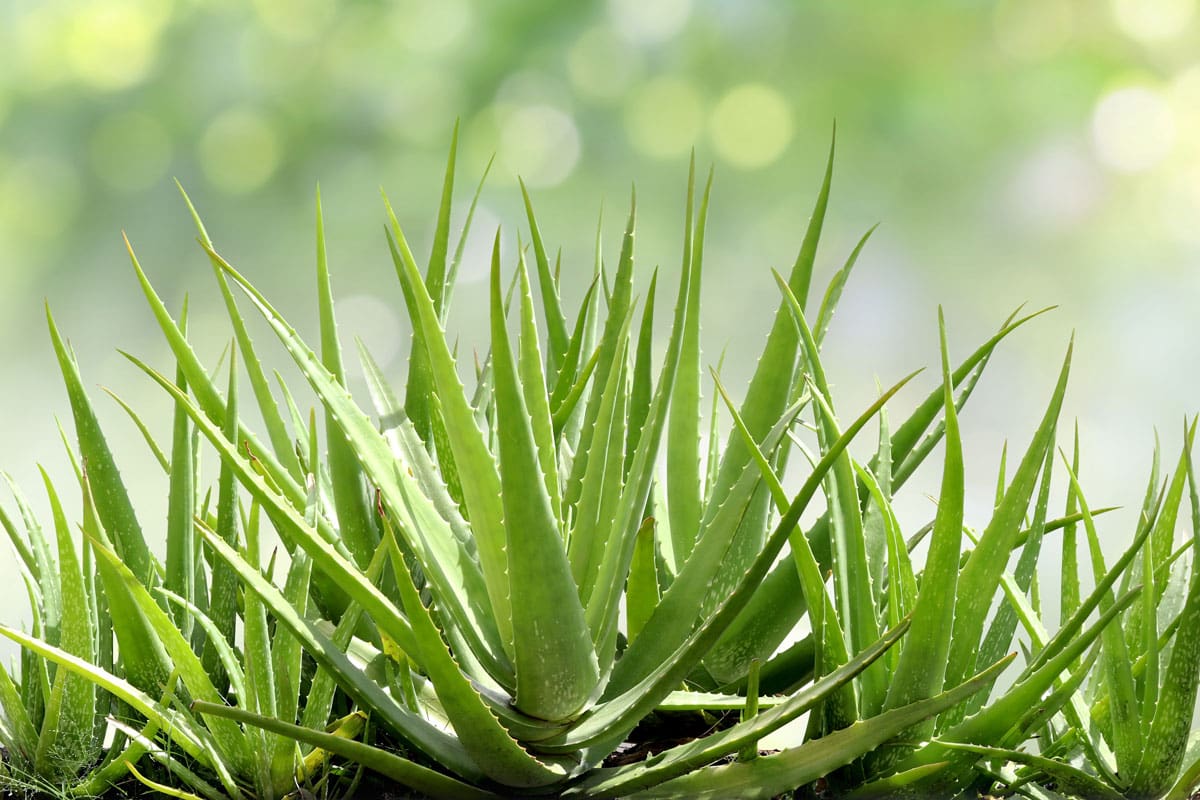By Muscle Media
Aloe vera herbals come from the aloe plant. Because the liquid found in the plant has a bitter taste, the name derives from the Arabic word “alloeh” meaning bitter. Native to Africa, this herbal plant is also known as “lily of the desert”, the “plant of immortality”, and the “medicine plant.”
The Plant
The aloe vera herbal plant belongs to the family, “Asphodelaceae” with about 400 known species currently in existence. Classified as succulent plants, the aloe grows in the drier parts of Africa and in the mountains of tropical Africa. The most characteristic part of this herbal plant are its large, thick, and fleshy leaves. The leaves have a lance-shape with a sharp apex and spines lining the outer margins.
Early Aloe Vera Uses
As early as 1500 BC, Egyptians recorded the use of the aloe vera herbal plant as a common treatment for burns, infections, and parasites. Apparently, the juice of the plant leaves yields purgatives substances, called aloes. Some species of the aloe, like Aloe venenosa, may produce poisonous juice and are therefore to be avoided. However, most species contain aloes are known to have medicinal uses. Extensive research has been devoted to the aloe vera herbal plant since the 1930s. Studies have shown that the clear gel of this herbal plant has a dramatic ability to heal wounds, ulcers, and burns. By coating the affected areas with the gel-like substance, the wound is protected from infection-causing bacteria and other micro bodies, thus speeding the rate of wound healing.
Herbal Juice
 Since it is a succulent, the aloe vera herbal plant is about 96% water. The remaining 4% composes of active ingredients, including essential oils, amino acids, minerals, vitamins, enzymes, and glycoproteins. Many modern healers have used this herbal plant in their liquid health treatments because of the many active components present. Often, the aloe vera herbal juice is combined with other medicinal plants to increase its potency. The herbal juice produces a soothing effect on digestive tract irritations caused by disorders such as colitis and peptic ulcers.
Since it is a succulent, the aloe vera herbal plant is about 96% water. The remaining 4% composes of active ingredients, including essential oils, amino acids, minerals, vitamins, enzymes, and glycoproteins. Many modern healers have used this herbal plant in their liquid health treatments because of the many active components present. Often, the aloe vera herbal juice is combined with other medicinal plants to increase its potency. The herbal juice produces a soothing effect on digestive tract irritations caused by disorders such as colitis and peptic ulcers.
Herbal Supplements
With its many vitamins and minerals, aloe vera is ideal as an herbal food supplement. It has been found to help facilitate digestion and aid in blood and lymphatic circulation. Aloe vera herbal supplement is also said to improve kidney, liver, and gall bladder functions. The plant contains at least three fatty acids that have demonstrated powerful anti-inflammatory properties. This makes this herbal supplement helpful for disorders of the stomach, small intestine, and colon. It naturally alkalizes digestive juices to prevent over-acidity which is a common cause of indigestion.







